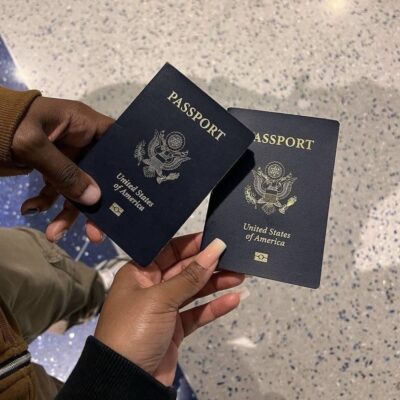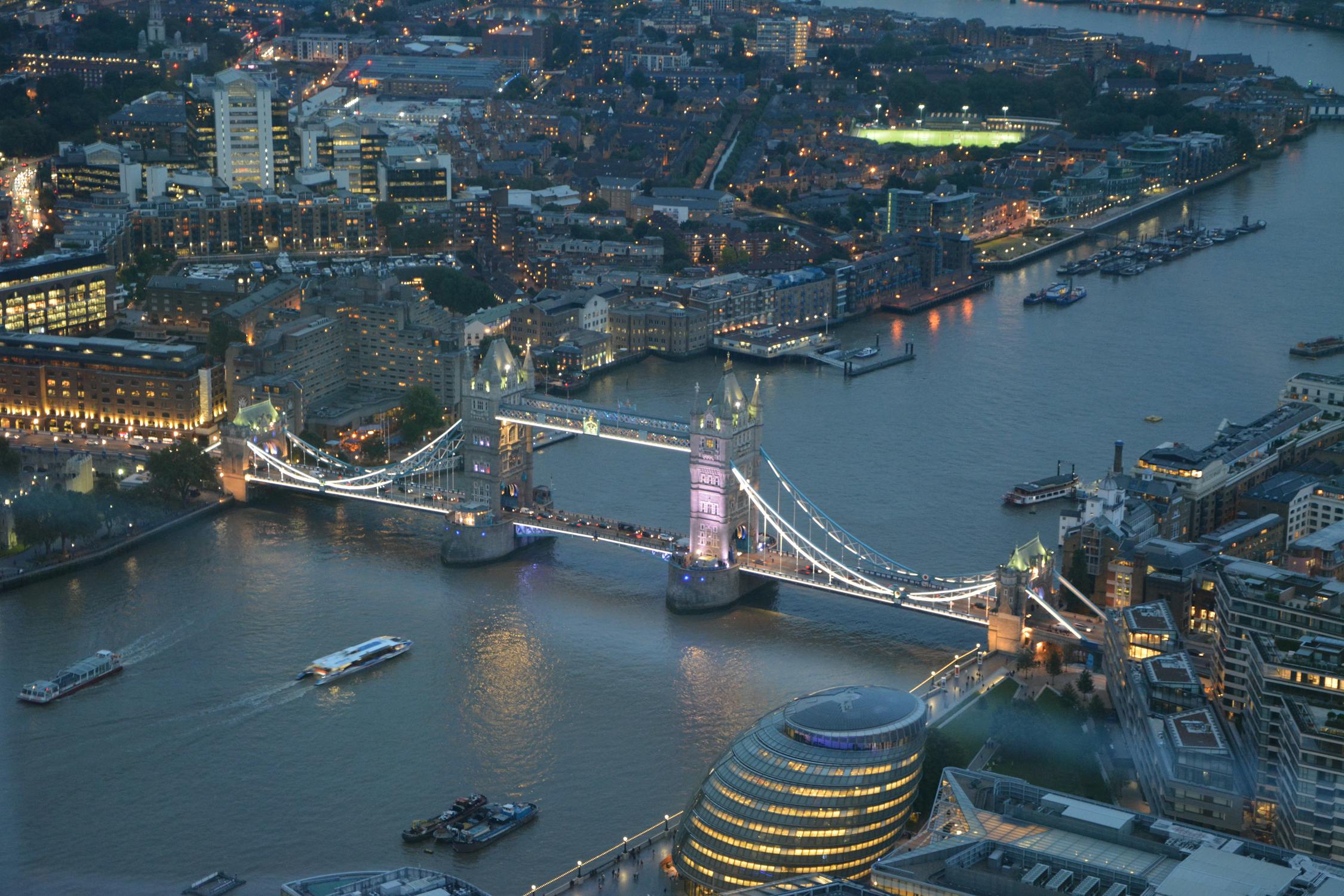When applying for a UK visa, one of the most crucial documents you may need to submit is a cover letter. This letter serves as a personal introduction to the UK visa authorities and plays a key role in your application.
It is an opportunity to provide a clear and concise explanation of the purpose of your visit, the details of your travel, and any other relevant information to support your case. Writing a well-structured and compelling cover letter can significantly increase the chances of your visa application being successful.
Results
#1. What is your highest level of education?
#2. Which field are you looking for a job in?
#3. Are you willing to relocate to any province in Canada?
#4. What is your current employment status?
#5. How many years of experience do you have in your field?
#6. Do you have a valid work permit or visa for Canada?
Here’s a step-by-step guide on how to write a cover letter when applying for a UK visa.
1. Understand the Purpose of the Cover Letter
Before you start writing, it’s important to understand the purpose of the cover letter. The primary goal is to:
- Introduce yourself to the visa officer.
- Clearly state the purpose of your visit to the UK.
- Provide relevant supporting information that strengthens your application, such as details about your travel itinerary, financial situation, and accommodation arrangements.
- Address any specific concerns or questions that the visa officer might have.
Your cover letter should act as a summary of the key aspects of your visa application. It provides the visa officer with a snapshot of who you are, why you are traveling, and why you meet the eligibility requirements for the visa category you are applying for.
2. Start with the Basics
Your cover letter should begin with basic information such as:
- Your full name
- Your contact details (address, phone number, and email)
- The date of the application
- The visa office or embassy to which you are submitting the application (if known).
For example:
[Your Name]
[Your Address]
[City, Postcode]
Submit Your Applications
[Phone Number]
[Email Address]
[Date]
Visa Application Officer
[Name of the Embassy or Visa Office]
[Embassy Address]
[City, Postcode]
3. Salutation
Use a formal salutation, such as:
Dear Sir/Madam,
If you know the name of the visa officer or the individual responsible for processing visa applications, you may address the letter directly to them. However, if you’re unsure, “Dear Sir/Madam” is the most commonly used and appropriate salutation.
4. Introduction – Introduce Yourself and Your Purpose
In the first paragraph of the letter, briefly introduce yourself and provide an overview of your purpose for traveling to the UK. Be clear and concise about the type of visa you are applying for and why you want to visit the UK.
For example:
I am writing to apply for a [type of visa, e.g., Tourist Visa, Student Visa, Business Visa] to visit the United Kingdom. I intend to [state the purpose of your trip – e.g., attend a conference, visit family, study at a university, etc.] from [intended dates of travel]. This letter is intended to provide additional information to support my visa application.
5. Provide Detailed Information
The next few paragraphs should provide more details about your trip. This could include:
Travel itinerary: Mention your planned dates of arrival and departure from the UK. If you are visiting multiple locations in the UK, briefly mention your travel plans.
Accommodation: Provide details of where you will stay while in the UK, including the address of the hotel, friends, or family where you will be staying.
Financial situation: Briefly explain how you will finance your trip. If you are funding the trip yourself, mention your savings or income sources. If someone else is sponsoring your trip, provide details of their financial status and relationship to you.
Additional supporting documents: If relevant, mention any additional documents that you are submitting with the application (e.g., invitation letters, proof of accommodation, financial statements, etc.).
For example:
I will be staying at [Hotel Name] located at [address], where I have already made a reservation from [check-in date] to [check-out date]. During my stay, I plan to visit [locations or landmarks], including [specific sites of interest].
The trip will be fully funded by myself/my sponsor, [Name of Sponsor]. I have enclosed bank statements, proof of employment, and other documents to demonstrate my financial capacity to cover all expenses for the duration of my visit.
Additionally, I have attached my flight reservation details and travel insurance coverage for the trip.
6. Address Visa-Specific Requirements
Depending on the type of visa you are applying for, there may be specific requirements or conditions that need to be addressed in your cover letter.
For example, if you are applying for a student visa, you may need to explain how you plan to fund your education or demonstrate that you are a genuine student. If you are applying for a business visa, you may need to describe your professional activities and business purpose.
For example:
As a prospective student at [University Name], I am committed to returning to my home country after completing my studies. I have enclosed my offer letter from the university and the necessary financial documents to show that I can support myself during my time in the UK.
7. Conclusion
End your cover letter with a polite and confident conclusion. Express your hope for a positive outcome and your willingness to provide any further information or documents if needed.
For example:
I am confident that I meet all the requirements for the [type of visa] and will fully comply with the conditions set by the UK visa authorities. Please do not hesitate to contact me if any further information or documents are required. Thank you for considering my application, and I look forward to the opportunity to visit the United Kingdom.
Yours sincerely,
[Your Name]
8. Proofread and Edit
Before submitting your cover letter, make sure to proofread it for any grammatical or typographical errors. A well-written and error-free cover letter will make a good impression on the visa officer.
FAQs
Do I need to write a cover letter for every UK visa application?
While not all UK visa applications require a cover letter, it is highly recommended for most types of visas, especially when applying for tourist visas, student visas, or business visas. The cover letter helps to clarify your intentions and supports the documents you submit.
How long should the cover letter be?
Your cover letter should be concise and to the point. Aim for a length of one page (around 400-500 words). Avoid overwhelming the visa officer with unnecessary details, but ensure you provide enough information to support your application.
What should I include in the cover letter for a UK tourist visa?
For a tourist visa, include details about your trip, such as the dates of travel, where you will stay, your travel itinerary, and how you will fund the trip. If applicable, mention any invitation letters or other supporting documents.
Can I submit the cover letter online?
If you are applying for a UK visa online, you will generally need to upload your cover letter along with other supporting documents. If you are submitting a paper application, include your cover letter in the package.
How do I address the cover letter if I don’t know the visa officer’s name?
If you don’t know the visa officer’s name, simply use “Dear Sir/Madam” as the salutation.
Wrapping Up
Writing a cover letter for your UK visa application is a critical step that can greatly influence the success of your application. By following the steps outlined above, you can create a clear, concise, and compelling letter that presents your case to the visa officer.
Remember to address all relevant details, be honest and transparent, and ensure that your letter aligns with the information provided in your application and supporting documents. A well-crafted cover letter can provide additional confidence to the visa officer and strengthen your application.





